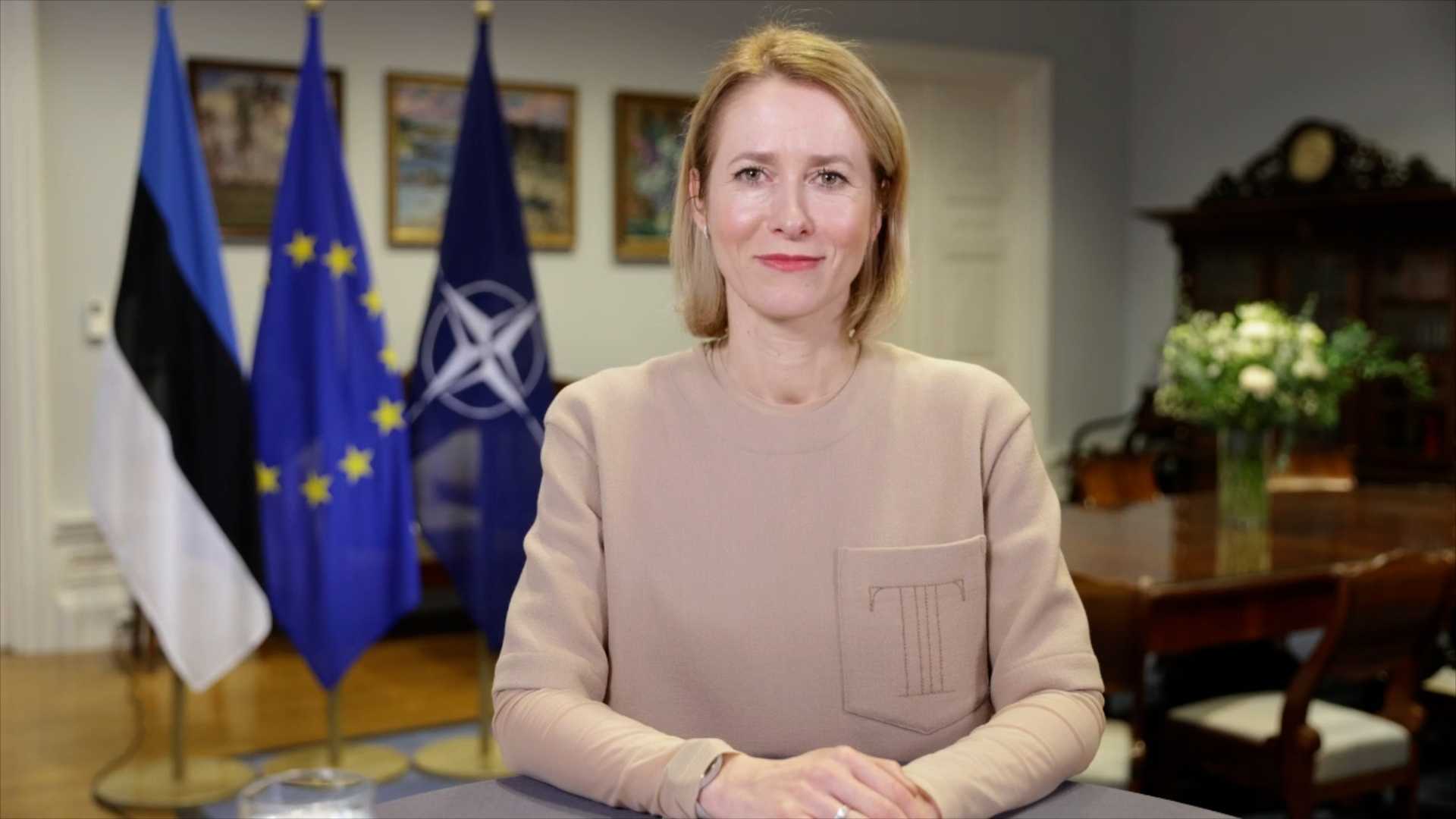Estonia expels Russian head of church

The Estonian government did not extend the residence permit of Metropolitan Yevgeniy of the Estonian Orthodox Church of the Moscow Patriarchate, forcing him to leave by Feb. 6, the ERR public broadcaster reported on Jan. 18.
Estonian authorities have accused Yevgeniy of public statements and actions in support of Russian aggression. Tensions between Tallinn and Moscow surged following the start of the full-scale invasion of Ukraine.
"The Estonian state will not extend the residence permit of the head of the Estonian Orthodox Church of the Moscow Patriarchate, Metropolitan Yevgeniy, whose civil name is Valeri Reshetnikov, because his activities are a security threat to Estonia," the Estonian police and border guard said in a press release.
Representatives of the Interior Ministry have repeatedly appealed to Yevgeniy, insisting he must cease publicly defending the Kremlin regime and Russia's military activities, the press release read.
"Despite previous warnings, Reshetnikov has not changed his inappropriate behavior... Therefore, Reshetnikov's actions are a security threat to the country."
A number of Estonian politicians began calling for the metropolitan's expulsion in January 2023 after his church announced a prayer "for peace" with a pro-Russian political movement Koos (Together.)
One of the Koos's leaders, Aivo Peterson, was detained after visiting Russian-occupied parts of Ukraine and is being investigated for treason.
Orthodox Christians represent around 16% of the Estonian population.
The Estonian Orthodox Church of the Moscow Patriarchate represents only one branch of the country's Orthodoxy, the other being the Estonian Apostolic Orthodox Church under the direct jurisdiction of the Patriarch of Constantinople.
Yevgeniy's expulsion is only one of Tallinn's recent steps to apparently counter pro-Russian activities within the country.
Earlier this week, Estonian authorities arrested a professor with Russian citizenship on charges of allegedly spying for Russia.
On Jan. 18, Estonia also submitted a bill on ending its legal assistance agreement with Russia, lowering judicial cooperation with Moscow to the same basis as with all other third countries.












